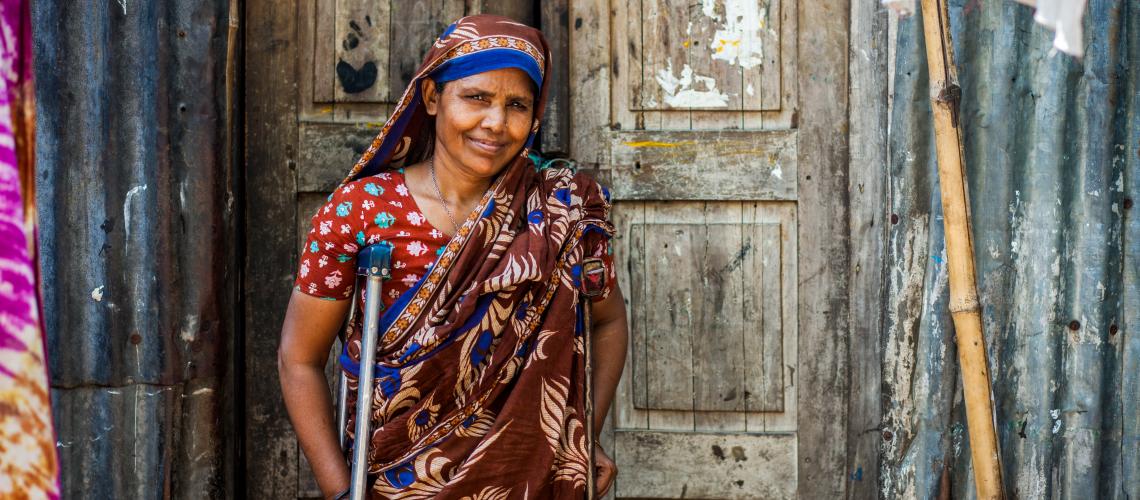
This self-directed e-course provides the basic steps a humanitarian worker must take to ensure gender equality in programming. The course includes information on the core issues of gender and how it relates to other aspects of humanitarian response, including camp management and coordination, education, food issues, gender-based violence, health, livelihoods, non-food items, protection, shelter, water, sanitation, and hygiene. Participants respond to a hypothetical, virtual disaster, solve real-life problems, and learn why gender should be a priority in humanitarian action in the self-paced, interactive course.
The 3-5-hour course provides practical approaches on how to ensure that the needs of women, girls, boys and men are being met in humanitarian situations, as well as ensuring their full participation in all aspects of humanitarian programming.

